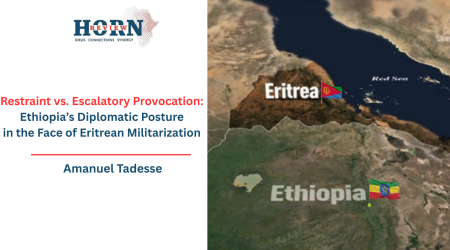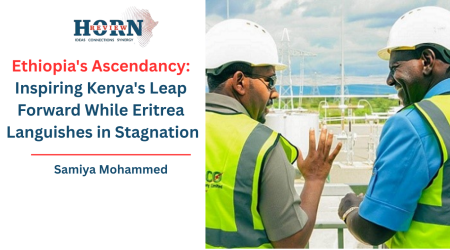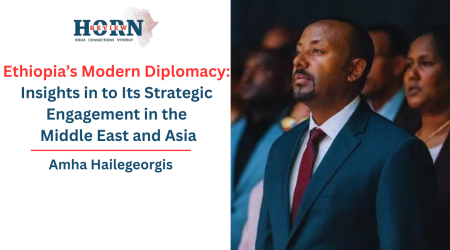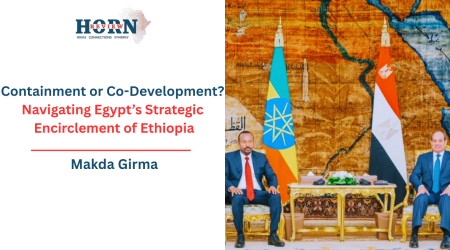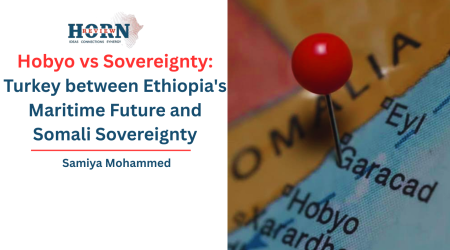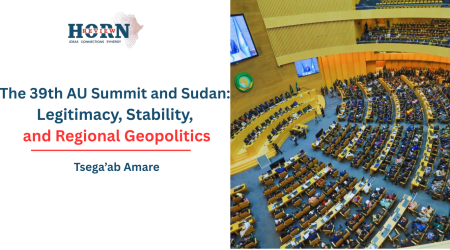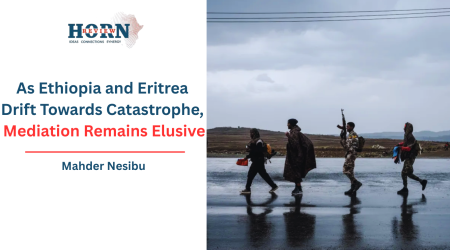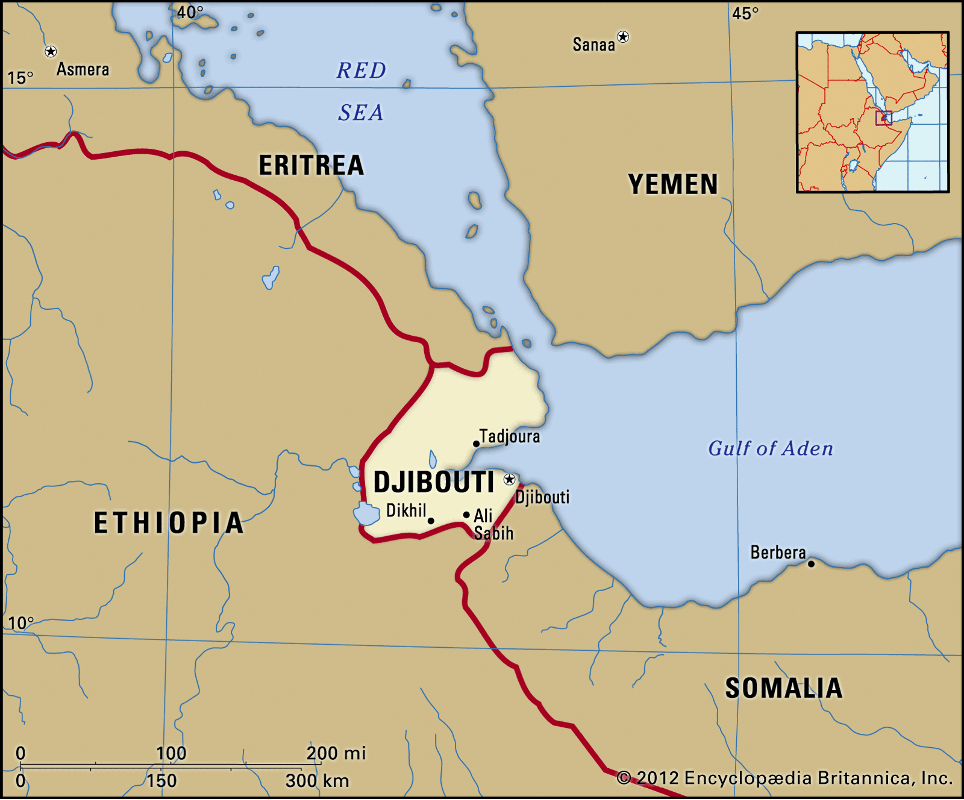
12
Jun
Ethiopia, Djibouti & the UAE: Sovereignty, Investment & Port Politics
Recent tensions between Djibouti and the United Arab Emirates, highlighted by President Ismail Omar Guelleh’s sharp criticism of the UAE’s foreign direct investment (FDI) as a strategic cover for military expansion, expose deeper regional complexities. The 2018 nationalization of the Doraleh Port, previously operated by DP World under a 30-year contract, underscored Djibouti’s concerns over preserving its strategic interests. Djibouti accused DP World of deliberately limiting port operations to protect Dubai’s port dominance, prompting the seizure of the port and suspension of DP World’s activities.
Despite a court ruling ordering Djibouti to pay $385 million in compensation, the government remains wary of the UAE’s expansive $110 billion investment campaign across Africa, viewing it as an attempt to increase military influence under the guise of economic growth.
Behind this standoff lies the rising competition over regional port infrastructure. Ethiopia, whose economy relies on Djibouti for about 95% of its trade, is pursuing access to the Berbera Port in Somaliland, developed with UAE support. While this diversification makes economic sense for Ethiopia, it introduces uncertainties in Ethiopia-Djibouti relations and fuels Djibouti’s apprehension about losing its geopolitical and economic primacy.
The critical question for Djibouti is whether to continue opposing Ethiopia’s legitimate pursuit of alternative port access or to embrace economic diversification and robust free-market competition. The Horn of Africa’s economic future depends not on zero-sum rivalries but on cooperative growth and the expansion of port capacities.
Djibouti’s strategic location ensures it will remain an important hub for the foreseeable future. Yet, an overreliance on Ethiopia’s trade volumes and resistance to competing port development risks economic stagnation and political isolation. By liberalizing its economy, welcoming diverse investments, and expanding sectors beyond port revenues – including tourism, education, and industry – Djibouti can build a more resilient and sustainable economic foundation.
Furthermore, while safeguarding sovereignty remains paramount, Djibouti should navigate regional partnerships carefully, remaining vigilant against undue foreign influence while fostering positive relations with neighboring states and key international actors.
In sum, Djibouti’s path forward lies in shifting from confrontation toward collaboration and economic diversification. Supporting Ethiopia’s legitimate trade ambitions alongside investments in its own economic sectors will better serve Djibouti’s long-term stability and prosperity than obstructing regional integration.
Only through cooperation, economic openness, and mutual respect can the Horn of Africa harness its potential for growth and stability.
By Markos Haile Feseha,Researcher,Horn Review

